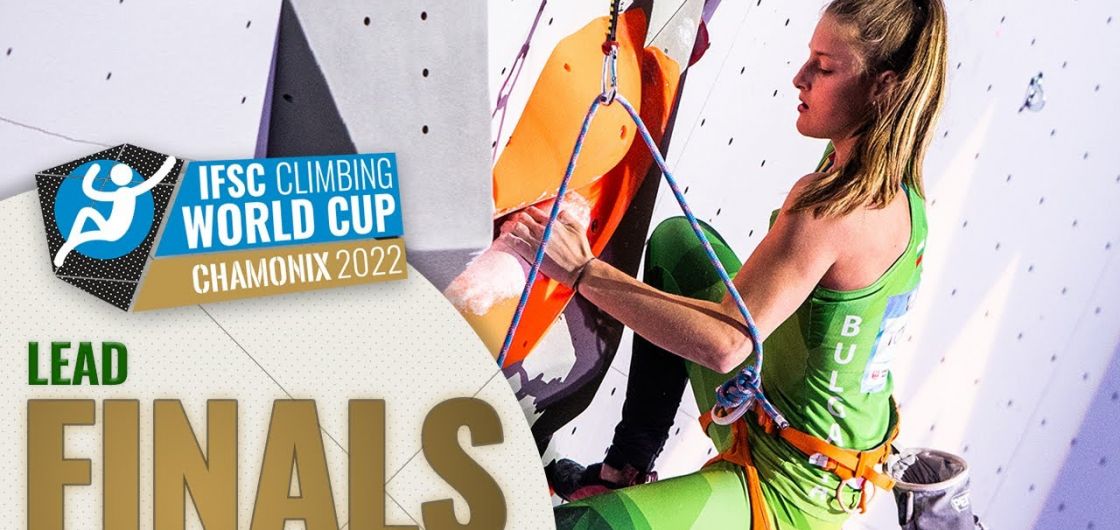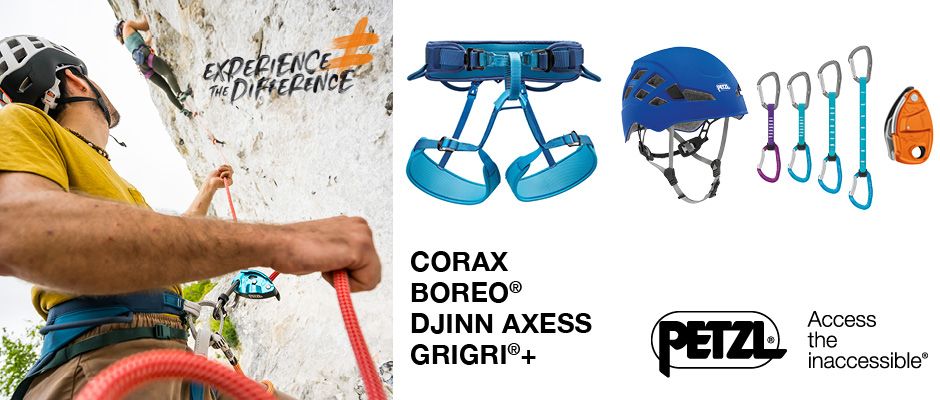IFSC World Cup Chamonix Results
Chamonix is perhaps the most iconic venue on the IFSC World Cup circuit. An outdoor lead wall is set up in the town square and the athletes perform with the Aiguille du Midi and glacier as a stunning backdrop.
There was early excitement as Kiromal Katibin set a new world record mark in the speed competition (does anyone actually watch Speed though?), but with the return of Adam Ondra, all eyes were on the Lead discipline.
The women's final was first and marred by a rare problem for this year—a finals route that was too easy. Jessie Pilz (AUT) has had no luck this year and you'd have to say that trend continued in Chamonix. She topped the finals route with an impressive display of climbing, but didn't even make the podium, as three others also topped but had placed higher than her in the semifinal. There had been four tops in the semi and were again four in the final, which isn't the separation between athletes the route setters are aiming for. Counting back to previous rounds and time is sometimes necessary, but not an optimum outcome for the athletes or the spectators. Chaeyun Seo of Korea continued to show great form and placed third with a finals top and a higher semi score than Pilz. Laura Rogora (ITA) and Janja Garnbret (SLO) topped in semis and the final, but Garnbret's faster time gave her the victory and her third in a row this season. The ease with which she climbed the routes suggested the route could be a lot harder before giving her any trouble. There was a brief moment of suspense when Natalia Grossman (USA), climbing last, reached the final headwall of the route at a rapid pace and with nearly a minute of spare time to go faster than Garnbret had. However, she failed to climb the last section and so her speed lower down became irrelevant.
The mens competition featured a bit of controversy, with regular finalist Jesse Grupper (USA) being marked low on one of the qualification routes for touching the edge of the wall. In the semi, Alex Megos (GER) was also marked low when his foot popped mid-clip and he was deemed to have weighted the quickdraw. Given the way he easily topped the semi route, it was hard not to think the crowd had been robbed of seeing him in the final. Colin Duffy also had an off-day, falling low on the semi route and not making the final. The men's final route was varied, with different styles of bouldery sequence separated by poor rests. As Adam Ondra (CZE) noted in his post-victory interview, 'complicated routes suit me'. The speed with which he climbed and smoothness of his movements and on-the-fly decision-making belied the onsight nature of the format and went to show the intelligence of his all-around climbing approach. While he failed to top when he slipped from jumping to the final 'jug' (it wasn't a jug), he utterly dominated the route below that point. Still, Japan's Taisei Homma, who won in Villars, will feel unlucky after slipping from the same 39+ move but with arguably a more likely sequence/better route-read than Ondra. Nevertheless, he had failed to top the semi so his tied score with Ondra placed him second on countback. Third went to Sean Bailey (USA) who fell on the same 29+ move as Luka Potocar (SLO) and Yannick Flohe (GER). Bailey and Potocar had both topped the semi and were separated on time, while Flohe hadn't topped the semi so was shunted down to fifth.
While we all enjoy the outdoor climbing exploits of Adam Ondra, it was great to see him back on the competition stage and enjoying that style of climbing after some time to refresh post Tokyo Olympics. The separation of Spped from Boulder and Lead as a combined format should suit him better at the Paris games and he is clearly still motivated to go for the gold medal there.

